Scientific Proof Is A Myth

Science can do a whole lot of things, but proving a scientific theory is still an impossibility.
You’ve heard of our greatest scientific theories: the theory of evolution, the Big Bang theory, the theory of gravity. You’ve also heard of the concept of a proof, and the claims that certain pieces of evidence prove the validities of these theories. Fossils, genetic inheritance, and DNA prove the theory of evolution. The Hubble expansion of the Universe, the evolution of stars, galaxies, and heavy elements, and the existence of the cosmic microwave background prove the Big Bang theory. And falling objects, GPS clocks, planetary motion, and the deflection of starlight prove the theory of gravity.
Except that’s a complete lie. While they provide very strong evidence for those theories, they aren’t proof. In fact, when it comes to science, proving anything is an impossibility.
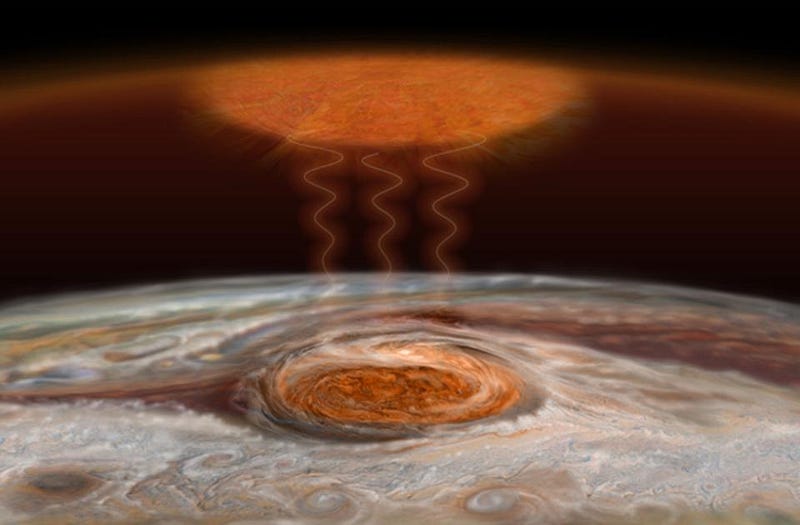
Reality is a complicated place. All we have to guide us, from an empirical point of view, are the quantities we can measure and observe. Even at that, those quantities are only as good as the tools and equipment we use to make those observations and measurements. Distances and sizes are only as good as the measuring sticks you have access to; brightness measurements are only as good as your ability to count and quantify photons; even time itself is only known as well as the clock you have to measure its passage. No matter how good our measurements and observations are, there’s a limit to how good they are.

We also can’t observe or measure everything. Even if the Universe weren’t subject to the fundamental quantum rules that govern it, along with all its inherent uncertainty, it wouldn’t be possible to measure every state of every particle under every condition all the time. At some point, we have to extrapolate. This is incredibly powerful and incredibly useful, but it’s also incredibly limiting.
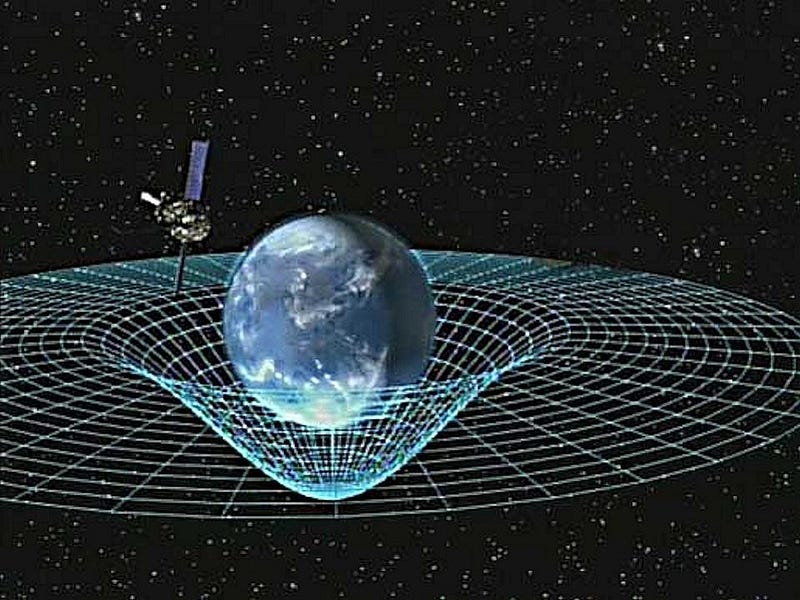
In order to come up with a model capable of predicting what will happen under a variety of conditions, we need to understand a few things.
- What we’re capable of measuring, and to what precision.
- What’s been measured thus far, under specific initial conditions.
- What laws hold for these phenomena, i.e., what observed relationships exist between specific quantities.
- And what the limits are for the things we presently know.
If you understand these things, you have the right ingredients to formulate a scientific theory: a framework for explaining what we already know happens as well as predicting what will happen under new, untested circumstances.
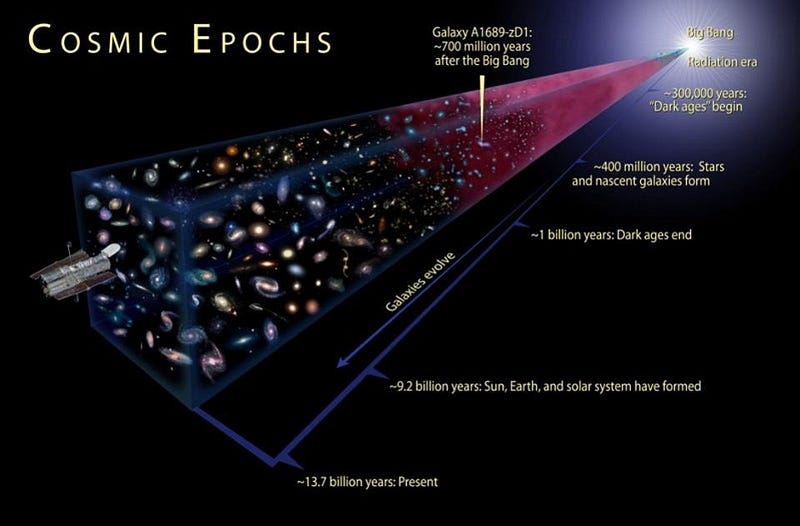
Our best theories, like the aforementioned theory of evolution, the Big Bang theory, and Einstein’s General Relativity, cover all of these bases. They have an underlying quantitative framework, enabling us to predict what will happen under a variety of situations, and to then go out and test those predictions empirically. So far, these theories have demonstrated themselves to be eminently valid. Where their predictions can be described by mathematical expressions, we can tell not only what should happen, but by how much. For these theories in particular, among many others, measurements and observations that have been performed to test these theories have been supremely successful.
But as validating as that is — and as powerful as it is to falsify alternatives — it’s completely impossible to prove anything in science.
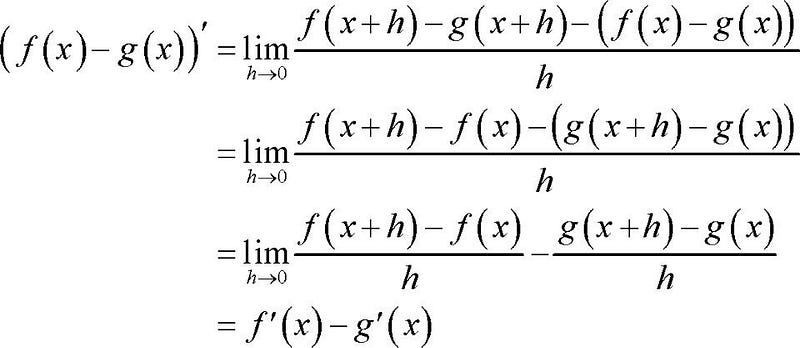
In science, at its best, the process is very similar, but with a caveat: you never know when your postulates, rules, or logical steps will suddenly cease to describe the Universe. You never know when your assumptions will suddenly become invalid. And you never know whether the rules you successfully applied for situations A, B, and C will successfully apply for situation D.
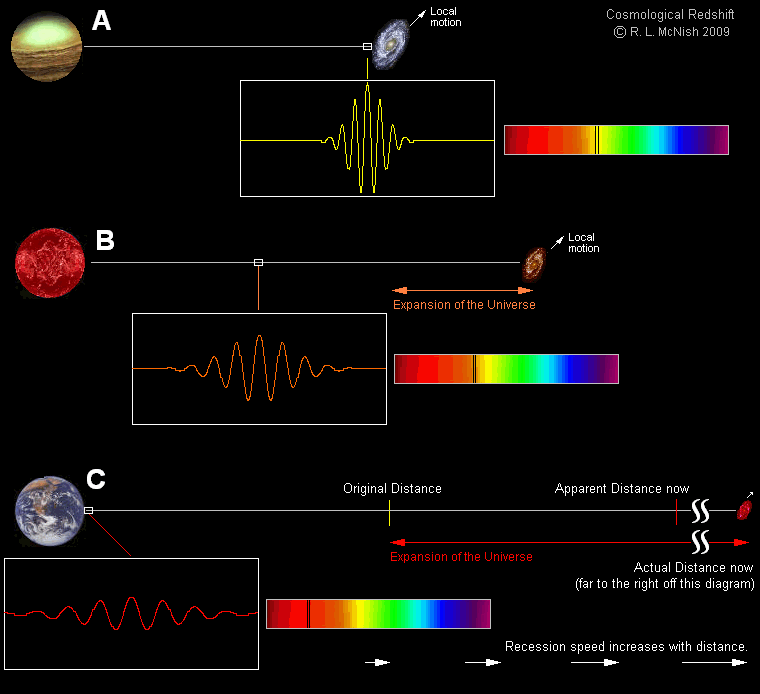
It’s a leap of faith to assume that it will, and while these are often good leaps of faith, you cannot prove that these leaps are always valid. If the laws of nature change over time, or behave differently under different conditions, or in different directions or locations, or aren’t applicable to the system you’re dealing with, your predictions will be wrong. And that’s why everything we do in science, no matter how well it gets tested, is always preliminary.
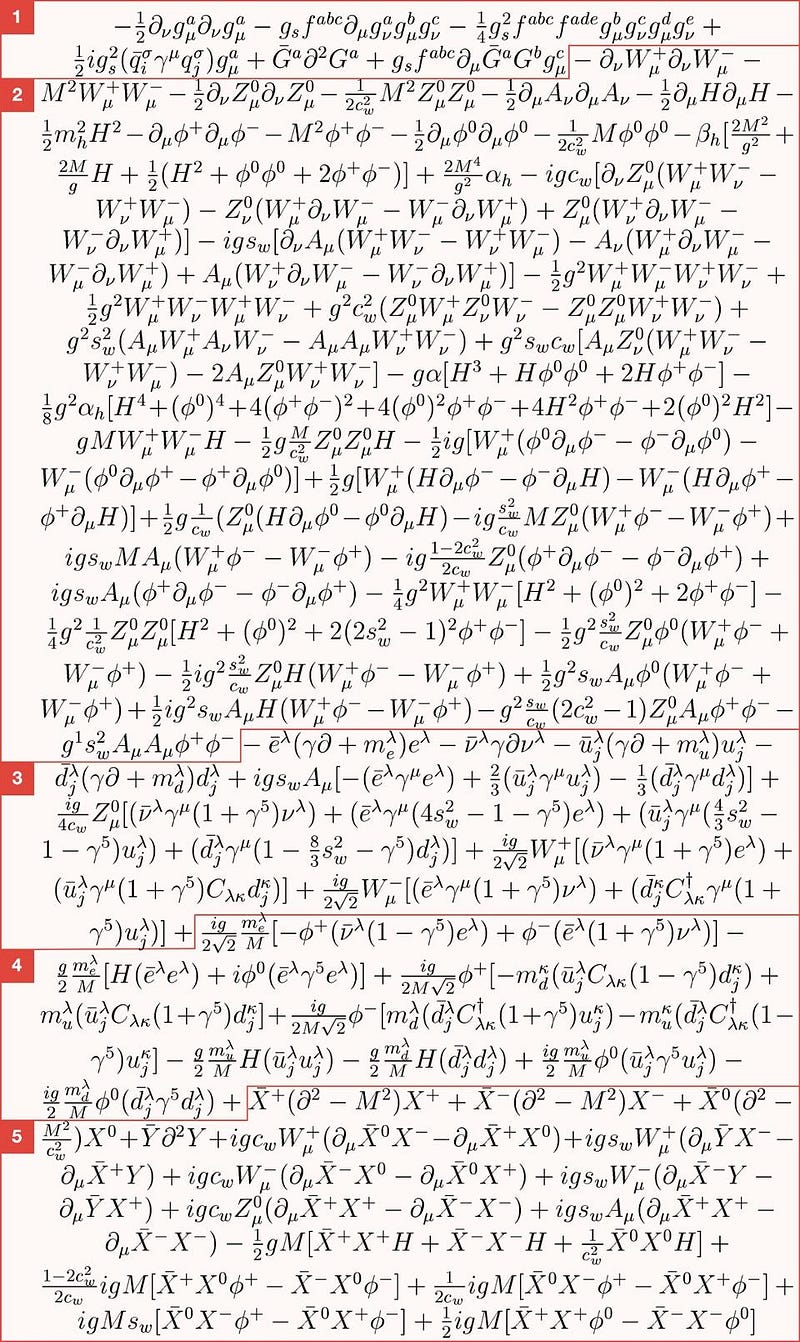
Even in theoretical physics, the most mathematical of all the sciences, our “proofs” aren’t on entirely solid ground. If the assumptions we make about the underlying physical theory (or its mathematical structure) no longer apply — if we step outside the theory’s range of validity — we’ll “prove” something that turns out not to be true. If someone tells you a scientific theory has been proven, you should ask what they mean by that. Normally, they mean “they’ve convinced themselves that this thing is true,” or they have overwhelming evidence that a specific idea is valid over a specific range. But nothing in science can ever truly be proven. It’s always subject to revision.
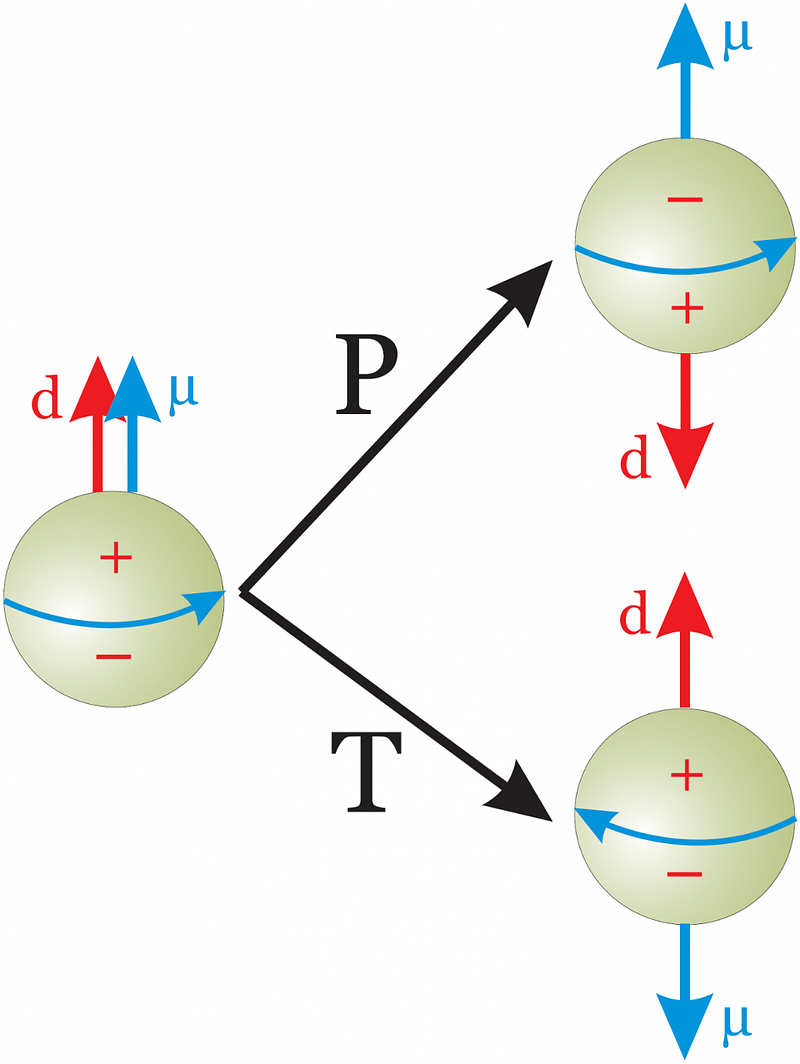
This doesn’t mean it’s impossible to know anything at all. To the contrary, in many ways, scientific knowledge is the most “real” knowledge that we can possibly gain about the world. But in science, nothing is ever proven beyond a shadow of a doubt. As Einstein himself once said:
The scientific theorist is not to be envied. For Nature, or more precisely experiment, is an inexorable and not very friendly judge of his work. It never says “Yes” to a theory. In the most favorable cases it says “Maybe,” and in the great majority of cases simply “No.” If an experiment agrees with a theory it means for the latter “Maybe,” and if it does not agree it means “No.” Probably every theory will someday experience its “No” — most theories, soon after conception.
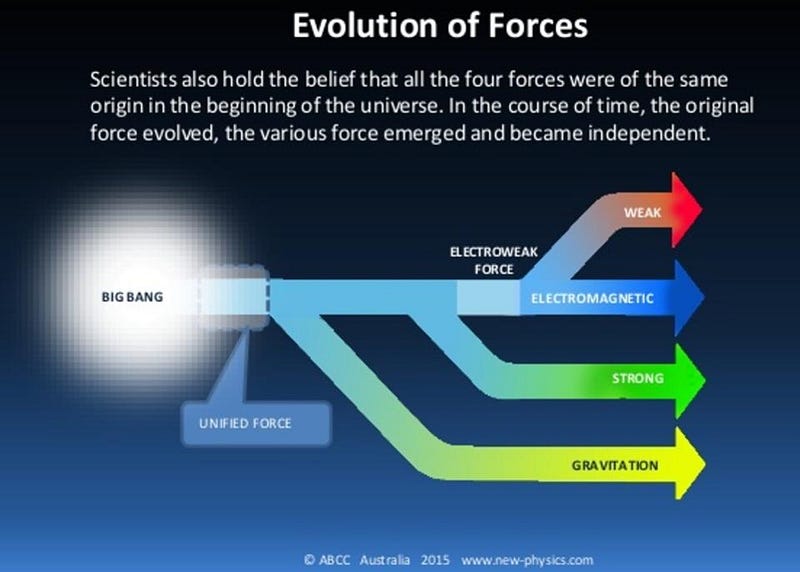
So don’t try to prove things; try to convince yourself. And be your own harshest critic and your own greatest skeptic. Every scientific theory will someday fail, and when it does, that will herald a new era of scientific inquiry and discovery. And of all the scientific theories we’ve ever come up with, the best ones succeed for the longest amounts of time and over the greatest ranges possible. In some sense, it’s better than a proof: it’s the most correct description of the physical world humanity has ever imagined.
Ethan Siegel is the author of Beyond the Galaxy and Treknology. You can pre-order his third book, currently in development: the Encyclopaedia Cosmologica.





